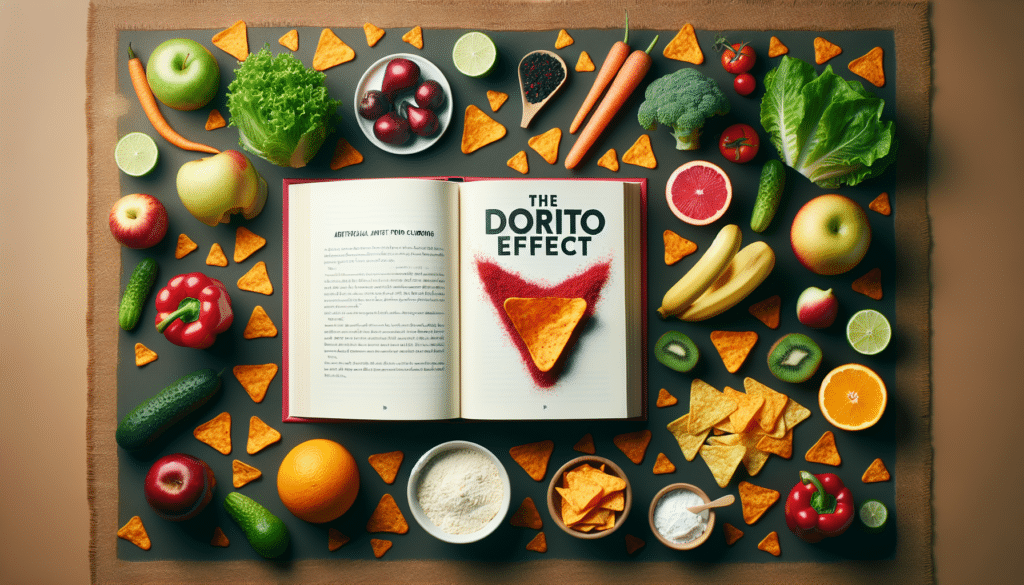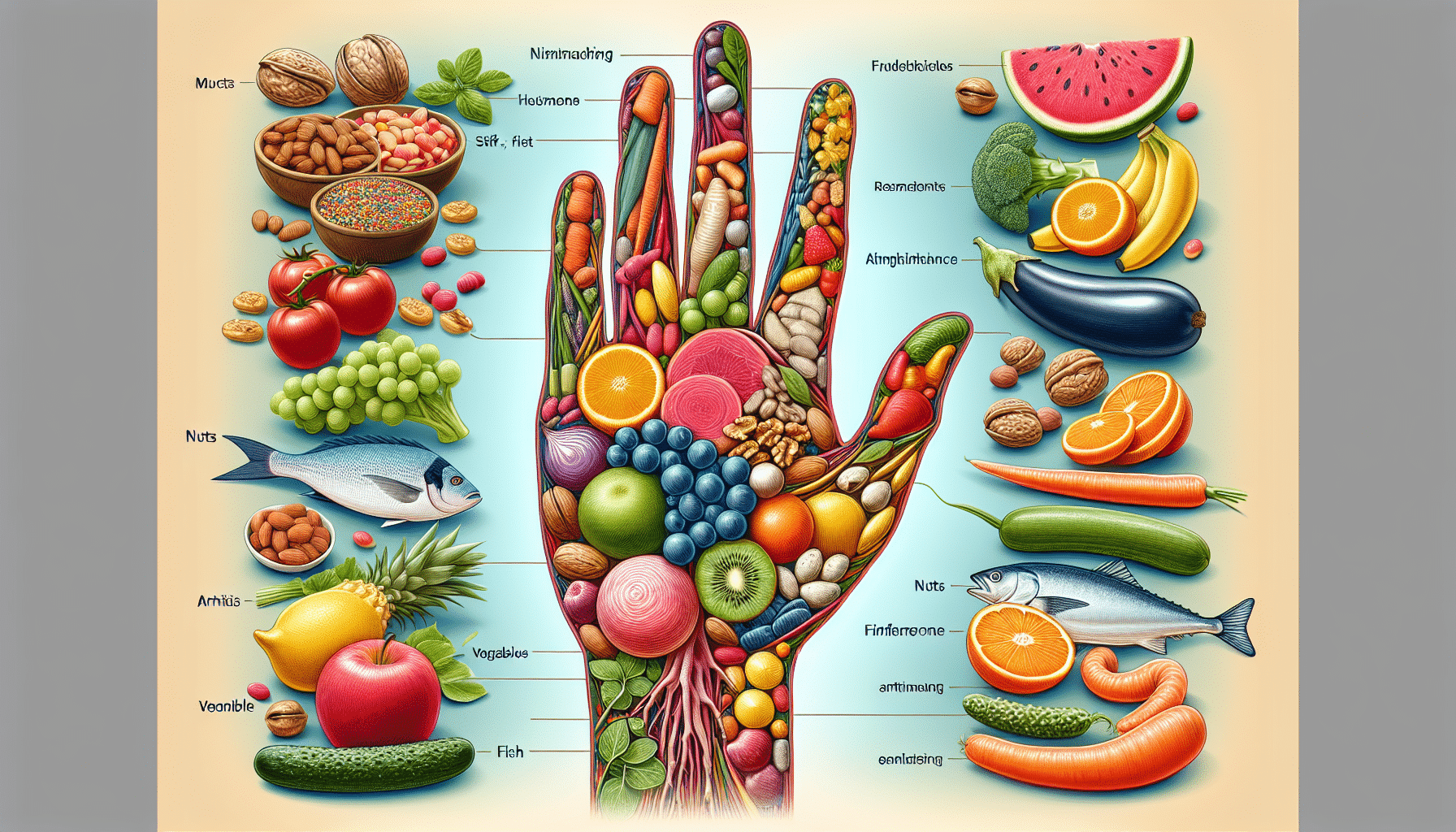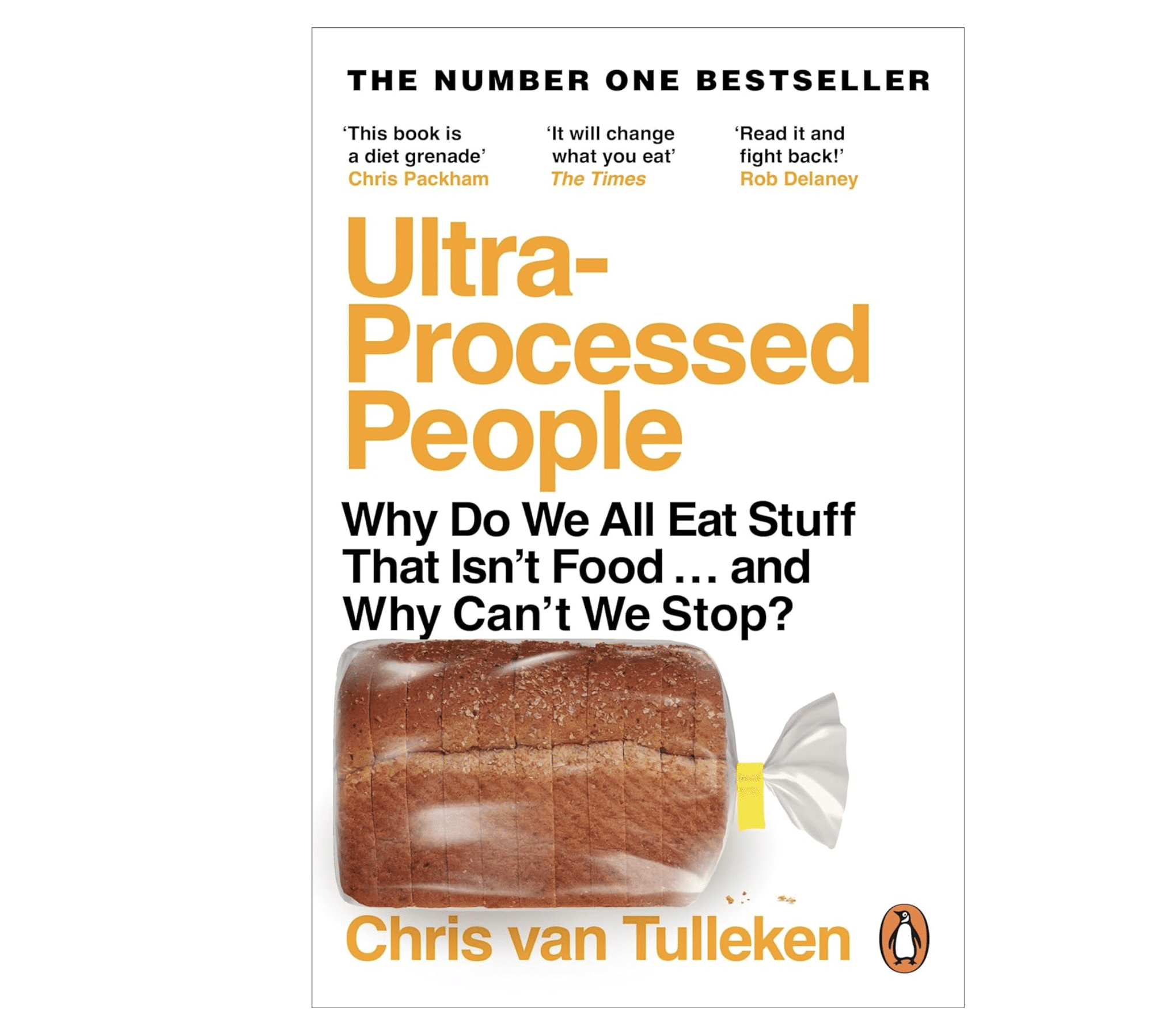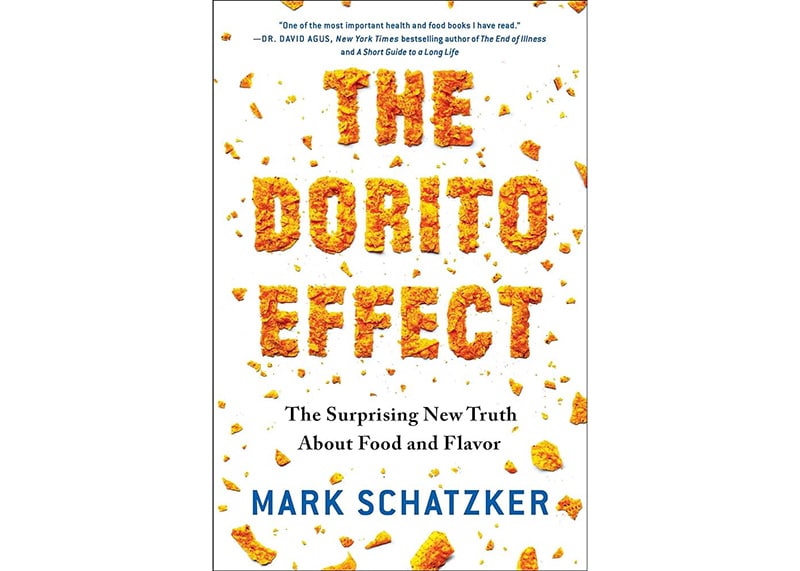
Imagine a world where the taste of food is no longer what it used to be. Mark Schatzker’s “The Dorito Effect” highlights how our modern food industry has prioritised convenience and shelf life, over taste and nutrition.
Get ready to delve into a fascinating exploration of how flavour has been engineered, with the thrilling possibility of reclaiming the true essence of food.
Summary
The Dorito Effect is a fascinating and thought-provoking book that explores the impact of flavour on our food, health, and environment.
Mark Schatzker delves into the concept of the ‘Dorito Effect’ – the idea that modern food lacks natural flavour, resulting in a reliance on artificial additives to make it taste appealing.
Schatzker argues that this flavour manipulation by the food industry has detrimental consequences for our health and the planet. Throughout the book, the author presents compelling evidence and engaging storytelling to support his arguments.
Author Background
Mark Schatzker is an esteemed journalist and author in the field of food and nutrition. With his expertise in investigative reporting, he brings a critical eye to the subject matter of The Dorito Effect.
Schatzker has established himself as an authority on the impact of food on human health and the environment through his extensive research and writing.
His other notable works include “Steak: One Man’s Search for the World’s Tastiest Piece of Beef” and “The Salted and Hung Palate: A Gourmet’s Journey Across the World.”
Book Structure
The book is divided into several chapters, each focusing on a different aspect of the ‘Dorito Effect’ phenomenon.
Schatzker begins by introducing the concept itself and then proceeds to explore the impact of flavour on food and the role of the food industry in manipulating taste.
He further delves into the connection between flavour and nutrition, shedding light on the effects of this manipulation on human health.
The author also discusses the environmental consequences of our current food system.
Key Ideas
Schatzker’s central idea is the ‘Dorito Effect,’ which refers to the artificially intensified flavours in processed foods that mask their lack of true taste.
He explores how our taste buds, which have evolved to seek out certain flavours as indicators of nutrition, are being deceived by these additives.
The author emphasises the impact flavour has on our food choices and how it can lead to overeating and poor nutrition.
Schatzker dives into the food industry’s responsibility in manipulating flavours to create addictive products that cater to our desire for intense taste experiences. He also examines the link between flavour and nutrition, highlighting the detrimental effects of prioritising taste over nutritional value.
Moreover, the book delves into the health consequences of our flavour-driven food choices, such as obesity and chronic diseases.
Finally, Schatzker uncovers the environmental consequences of our current food system, including the loss of biodiversity and unsustainable farming practices.
Strengths
One of the book’s key strengths lies in its extensive research. Schatzker presents a wealth of well-documented information, drawing from studies, interviews, and personal experiences.
This meticulous research lends credibility to his arguments and provides readers with a solid foundation to grasp the complexities of the ‘Dorito Effect.’
The author’s ideas are not only thought-provoking but also highly provocative.
Schatzker challenges widely-held beliefs and exposes the hidden truths behind the modern food industry. His insightful analysis prompts readers to question their own food choices and the broader implications for society and the environment.

Relevance and Impact
“The Dorito Effect” carries immense importance in today’s food landscape.
It sheds light on the consequences of prioritising artificial flavours over natural taste and nutrition. By bringing attention to the detrimental effects of the ‘Dorito Effect,’ the book aims to inspire individuals to make more conscious food choices.
It also serves as a wake-up call to the food industry, urging them to reconsider their practices and prioritise nutritional value over marketing-driven flavour manipulation.
The potential impact of the book on readers is significant. It has the power to influence their food choices and encourage them to seek out more natural and nutritious options.
The book also contributes to ongoing discussions surrounding food policy, consumer awareness, and sustainable farming practices.
Through its thought-provoking content, “The Dorito Effect” prompts individuals and society as a whole to critically assess the current state of our food system.

Reviews
Overall, “The Dorito Effect” has received positive reviews from critics.
Reviewers have praised Schatzker’s deep dive into the topic and his ability to present complex issues in an understandable manner.
The book’s research has been widely acclaimed, highlighting the author’s thoroughness and expertise.
Readers appreciate the thought-provoking ideas presented throughout the book and the engaging narrative style.
Personal Reflection
As a reader, “The Dorito Effect” left a lasting impression. The book’s eye-opening exploration of flavour manipulation in our food industry made me question the choices I make and the food I consume. It truly enlightened me about the consequences of prioritising taste over nutrition and highlighted the need for change.
While the book had its strengths, I also found myself wishing for more concrete solutions to address the problems at hand. However, its thought-provoking ideas and engaging storytelling made up for this. “The Dorito Effect” is a powerful tool to prompt personal reflection and promote awareness about our food choices.
In conclusion, Mark Schatzker’s “The Dorito Effect” is a captivating and insightful book that unveils the hidden manipulation of flavour in our modern food system. Its message is important, urging readers to reconsider their choices and advocating for a shift towards more natural and nutritious foods.







